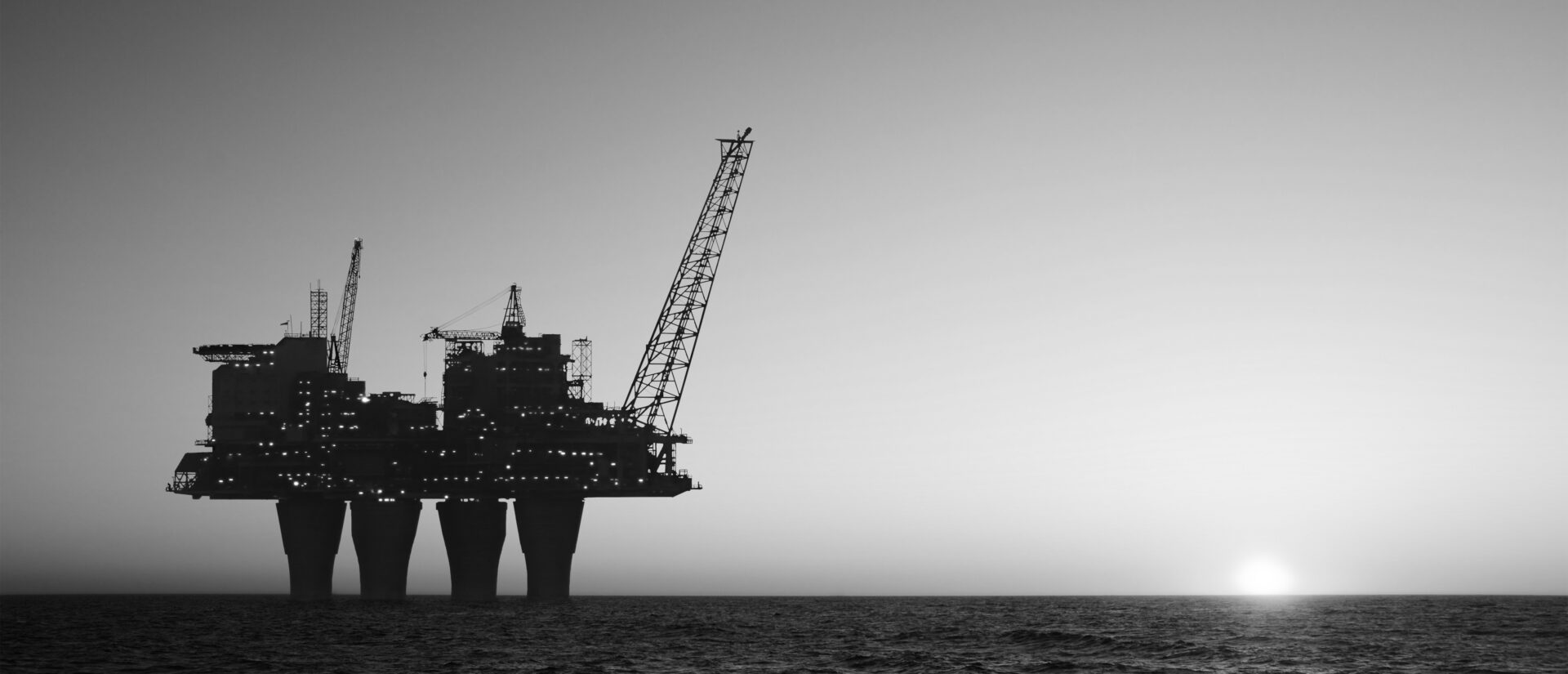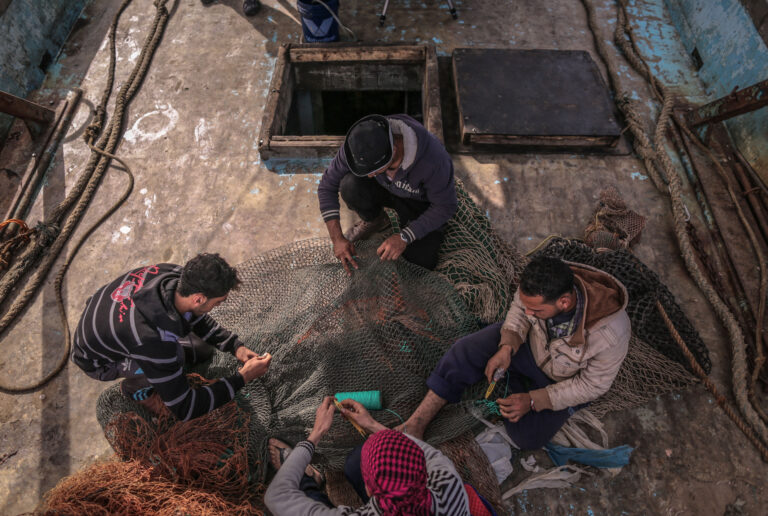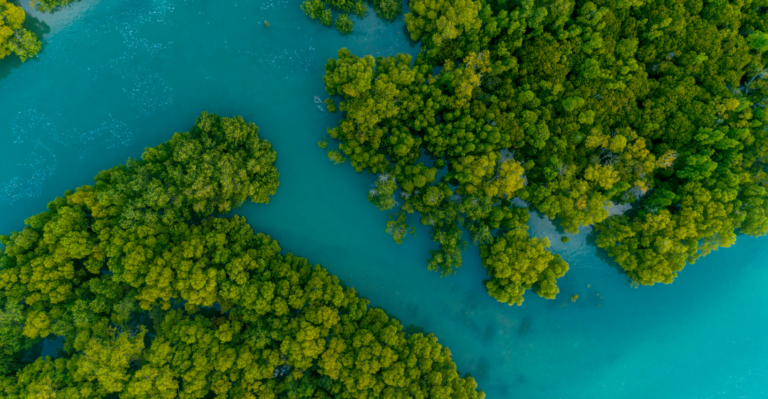
US gas company linked to human rights violations in Palestine
Main findings:
- Noble Energy’s gas extraction raises concerns about possible pillage of Palestinian gas
- Enforcement of illegal naval blockade linked to protection of Noble Energy’s operations
- Electricity supply for illegal settlements is generated using Noble Energy’s gas
- Noble Energy’s activities near a disputed maritime area exacerbate tensions between Israel and Lebanon
SOMO’s research focuses on Noble Energy’s offshore gas exploration, extraction, and sales activities in the Eastern Mediterranean. It explores the relationship between Noble Energy’s activities in the Eastern Mediterranean (potential) adverse human rights impacts. Furthermore, this research investigates whether the US company abides by international human rights laws and standards.
Has Noble Energy pillaged Palestinian gas?
Noble Energy has extracted natural gas from the Noa gas field, which is contiguous to the Palestinian Border Field off the Gaza coast, risking extracting Palestinian gas, which would potentially amount to the international crime of pillage. The gas was extracted from the Noa field without agreement from the Palestinian Authority, violating international law.
Devastating impacts on Palestinian fishing industry
Palestinian fishermen bear the brunt
Israel has imposed a naval blockade off the Gaza Strip, physically barring Palestinians from accessing their natural gas and a large part of their fishing waters. In doing so, the Israeli Navy enforces extensive no-go areas around Noble Energy’s operations through the use of live fire and unlawful arrests. The continued denial of access violates Palestinian people’s right to self-determination and has detrimental impacts on the livelihoods of Palestinian fisherman, whose boats and equipment are also regularly confiscated by the Israeli Navy.
An anonymous Palestinian fisherman: “The permissible fishing area depends on the mood of the Israeli soldiers who systematically open fire against us and our fishing boats, leading to holes that are hard to fix.”
Energy supply to settlements
Noble Energy sells gas to the Israel Electric Corporation (IEC), which converts the gas into electricity. In Israel, approximately 90% of all natural gas produced is used by IEC to generate electricity. Part of the electricity generated is supplied to Israeli settlements in the Palestinian West Bank. The acts underlying the establishing and maintaining of settlements constitute a number of war crimes, including the forcible transfer of the Palestinian population, transfer of Israel’s own population into the occupied territory, and the destruction and appropriation of Palestinian property. Through its sales to IEC, Noble Energy is directly linked to those war crimes.
Due to increasing cooperation between the Dutch and Israeli governments in the gas sector, IEC has also enjoyed increasing collaboration with Dutch partners in recent years.
Dispute between Israel and Lebanon
In 2011, Israel unilaterally declared an Exclusive Economic Zone (EEZ), 850 square kilometres of which overlap with the EEZ Lebanon had previously requested at the United Nations. For several years, Noble Energy and partners have held an Israeli-issued license for gas block Alon D which is partially located in this disputed maritime zone, risking exacerbating existing tensions between the two countries, which are officially still at war. Furthermore, Noble Energy has conducted exploratory drilling close to the disputed area, which has triggered further distrust and tensions between the two countries.
SOMO researcher Lydia de Leeuw: “Seemingly disregarding the context of an illegal naval blockade, settlement enterprise, and a maritime border dispute, Noble Energy has failed to conduct due diligence as it was required under international standards. As a result, the company has become directly linked to numerous human rights violations and war crimes. Immediate action is needed to avoid further impacts.”
Do you need more information?
-

Lydia de Leeuw
Researcher
Related content
-
 Beneath troubled waters: Palestinian access to the sea denied by IsraelPosted in category:Long read
Beneath troubled waters: Palestinian access to the sea denied by IsraelPosted in category:Long read Lydia de LeeuwPublished on:
Lydia de LeeuwPublished on: -
Beneath troubled waters Published on:
 Lydia de LeeuwPosted in category:Publication
Lydia de LeeuwPosted in category:Publication Lydia de Leeuw
Lydia de Leeuw -
 The Counter: strengthening the fight for climate justice around the worldPosted in category:Long read
The Counter: strengthening the fight for climate justice around the worldPosted in category:Long read Luis ScungioPublished on:
Luis ScungioPublished on:

